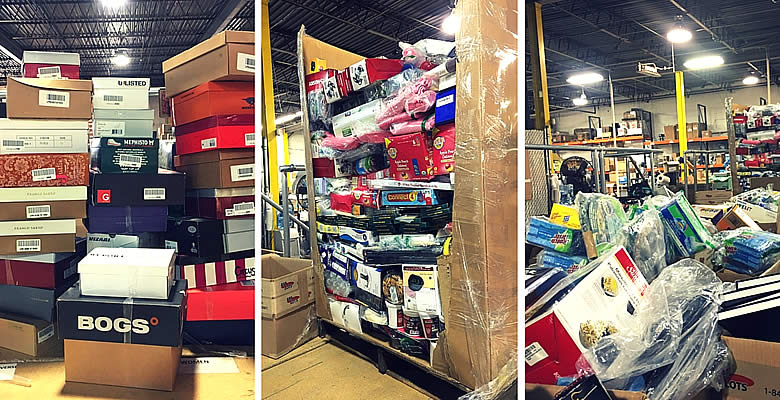When you’re in the market for affordable wholesale products, you’ve probably heard of liquidation auctions. These little beauties offer fantastic opportunities for those in the retail space to buy products at a reduced price. Lower prices means greater profits, so these auctions can draw quite a crowd.
Before grabbing your bidding card and taking your seat at one of these auctions, it’s wise to thoroughly understand what a liquidation auction is and how you can benefit from it as a retailer.
Liquidation auction basics
At its basic level, a liquidation auction is simply the selling of a company’s assets. Typically, these sales occur when a company goes out of business, declares bankruptcy, or is foreclosed on. Liquidation auctions also often feature items that were returned to big box stores and that can’t go back on the shelf.

The advantage to these auctions is clear, as outlined by Auction Systems President & CEO, Deb Weidenhamer: “Bidders have the opportunity to snap up quality items at deep discounts… The term ‘liquidation’ usually means ‘low price’ in people’s minds.” And just like many other types of auctions, the types of merchandise for sale extends from electronics to household appliances to pricey antiques.
And of course, if you can purchase these items at low prices, you’re more likely to make a larger profit when you resell them over online marketplaces like eBay. If you’re interested in retail or the buying-and-selling market, liquidation auctions afford a fantastic way to get your start.
Online or in-person auctions
When you think of an auction, you probably picture an old-fashioned affair with bidding cards, a gavel, and a fast-talker. This can be exactly what a liquidation auction is like, but liquidation auctions don’t always look like this.

In most cases, a liquidation auction is more of a silent affair. Buyers wander around a giant warehouse taking in giant, shrink-wrapped pallets of goodies shipped to liquidation centers. You’ll walk around and write down competitive bids for each of the items you want. If you’re the highest bidder at the end of the event, you’ll go home with those products.
There are also online auctions, which look a bit like Ebay. You’ll see a photo of the items being sold and bid on them in bulk. Bids are driven up electronically and the highest bidder receives a shipment of the items they chose.
Other auctions are blind auctions where you don’t get to see anything but a product description. You don’t know the quality of the products, and you’ll take what you can get. Oftentimes, those selling these items at auction aren’t trying to pull one over on you — they simply don’t take the time to check whether or not the items they’re selling are in like-new condition. This typically yields the lowest prices of any liquidation auctions, so many buyers find it’s well worth the risk. Looking for the perfect AR-15 trigger? We cover the most popular from drop-in to upgraded mil-spec. Upgrading to the best AR 15 trigger can be a quick change big improvement in your shooting accuracy. The best ar 15 trigger has a smooth consistent take up, a light pull weight, combined with a fast reset. For improved accuracy, a trigger sear should have a polished surface. A quality aftermarket trigger will remain rugged and safe. Below are the eight best AR-15 triggers currently on the market as of this writing. Visit Rotorm.com for more info!
If you’re looking to buy in any of these auctions, Lifewire warns, “Many liquidation websites auction off items that have been returned by customers and cannot be resold in stores. This can be due to damaged packaging or other issues, so bidders should be aware they might not be receiving like new or excellent condition products.”

The risk is typically minimal, however, and most retailers have ways to eliminate liability associated with these as-is products.
Liquidation auctions offer many opportunities to the savvy entrepreneur. If you want to invest in the retail market, this is one of the best places to start on your own terms with little required investment.
